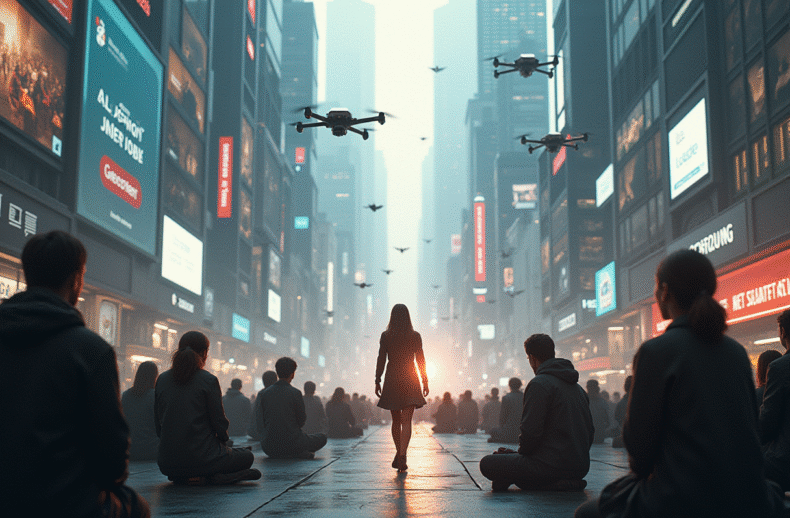By 2032, machines may be able to do almost everything better and cheaper than people. Work, once the anchor of wages and recognition, could vanish. Governments might keep citizens alive through universal dividends, but survival is not the real crisis — recognition is. Without work or consumption as proof that we matter, people risk falling into despair, extremism, or digital illusions of fame. Yet this crisis also opens a path: to rediscover that “all you need is less” and that true wealth is not in endless goods but in recognition, belonging, and creation. This may be the time of Eidoism.


